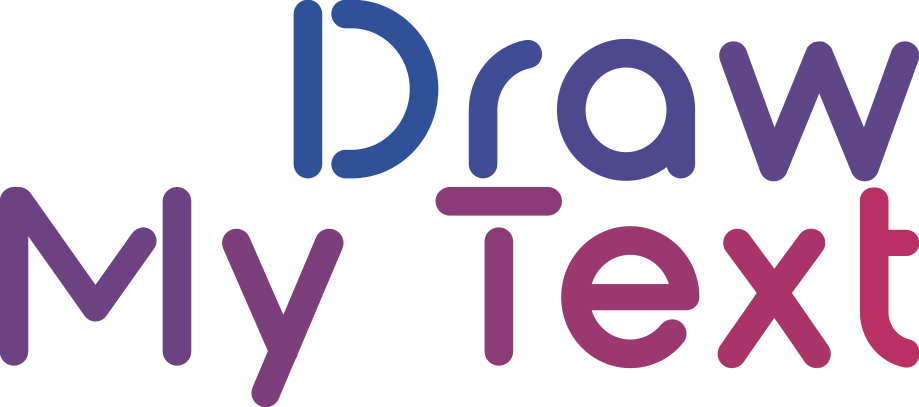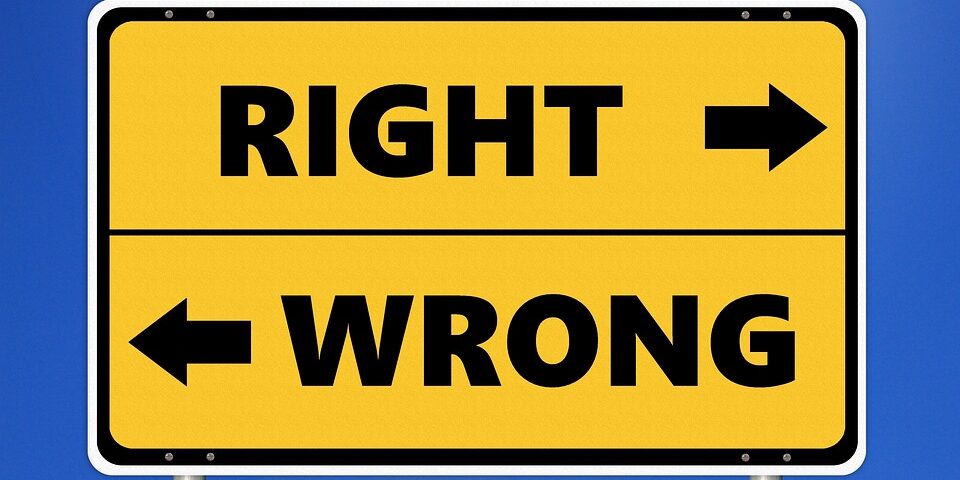
GPT-4: The Next Generation in AI Technology and Its Revolutionary Capabilities
January 2, 2024
The Future of Art: Exploring the Impact of Generative AI
January 2, 2024
Hey there, fellow thinkers and tech enthusiasts! 😊 Welcome to an insightful journey into the depths of one of the most intriguing topics of our times: the ethical conundrum of AI-powered writing. As artificial intelligence continues to evolve and expand its capabilities, particularly in areas like machine learning, deep learning, and generative AI, it raises profound questions about creativity, ownership, and authorship. So, grab a comfy seat, and let’s dive into these thought-provoking waters together.
Understanding the Ethical Implications of Generative AI
Generative AI, to put it simply, is the magic wand that can conjure up anything from realistic images to deeply analytical essays, all with just a prompt from a human user. But with great power comes great responsibility. As an AI aficionado, I’ve witnessed first-hand how the lines between human and machine-generated content are increasingly blurring. This leaves us pondering: Who’s really the author when the quill is, figuratively a neural network?
It’s a question that goes beyond credit and accolades. The ethical concerns encompass credibility, authenticity, and accountability. What happens when an AI-generated piece influences public opinion, or worse, spreads disinformation? And what about intellectual property rights? These are the issues we need to adresse to build a framework that can govern the use of AI in creative industries fairly and transparently.
However, it’s not all doom and gloom. AI-generated content can offer immense benefits when used ethically. It can serve to democratize content creation, provide educational resources, and much more. But it’s critical to navigate this landscape with a moral compass and clear guidelines. And this is why the dialogue about AI-powered writing and the ethical implications of generative AI is paramount.
The Ethical Conundrum of AI-Powered Writing: Debating Authorship
At the heart of this conundrum is a debate as old as the humanities itself: what constitutes authorship? Traditionally, to be an author is to be a creator, an originator of ideas given form through words. But as algorithms learn to mimic human creativity, they challenge our preconceived notions about the source of creativity.
Is the programmer of the AI the author, since they laid the groundwork for its creation? Or is it the user who inputs the prompts and guides the direction of the output? Some might even argue that the AI itself holds a form of digital authorship. These questions shake the very foundation of copyright laws and demand new interpretations as we forge ahead into uncharted territory.
This complexity is magnified when AI generates content at scale, surpassing the volume any single individual could produce. Establishing clear guidelines for attribution and ownership is more than a technical necessity—it’s an ethical imperative that ensures respect for both human and digital labor.
Unwrapping the Layers of AI-Generated Content
As a seasoned technology expert, I’ve been mesmerized by the capabilities of AI. Yet the question of attribution in AI-generated content is a multifaceted issue that demands a multifaceted approach. On one layer, we have the technological prowess that pushes the boundaries of what machines can do. On another layer, we have the ethical challenges this prowess brings forth.
But it’s not just about who takes the credit—it’s also about how AI-generated content is perceived and valued in society. Can a poem or an article crafted by an algorithm resonate with readers as deeply as one penned by a human soul? And does knowing the origin of the content sway our appreciation for it? Indeed, our biases towards or against AI creations have a significant role in shaping the future of AI in writing.
While we reflect on these questions, let me introduce you to DrawMyText, an innovative text-to-image generation platform that artfully combines technology and creativity. Our premium platform offers a range of features at competitive pricing, allowing you to bring your textual ideas to life through visually captivating images. Whether you’re an artist, a marketer, or an educational professional, DrawMyText promises to be a valuable asset in your toolbox. So why not give it a try and see your imagination take flight?
The Future of AI-Generated Content and Authorship
As we peer into the future, we can anticipate further advancements in AI that will undoubtedly refine the quality and complexity of AI-generated content. This progression prompts us to envision a future where AI collaboration in creative processes becomes inseparable from human artistry.
Dealing with the ethical challenges this future holds requires an ongoing dialogue among stakeholders, including technologists, legal experts, artists, and the broader public. Open-source initiatives and ethical AI frameworks play a vital role in shaping these discussions, ensuring that as we advance, we do so with ethical guardrails in place.
One thing is clear: the intersection of creativity and technology will continue to challenge our notions of authorship and creation. It’s our responsibility as a society to develop thoughtful responses and systems that accommodate and celebrate both human and AI contributions to the arts and literature. Together, we can navigate this fascinating ethical terrain with wisdom and foresight.
FAQs on the Ethical Conundrum of AI-Powered Writing
Who is considered the author of AI-generated writing?
The authorship of AI-generated content is a complex and contentious topic, involving the AI developers, users, and potentially the AI system itself. The debate is ongoing, and there are no universally agreed-upon standards for attributing authorship in these cases.
How does AI-generated writing affect copyright law?
AI-generated writing challenges existing copyright law, which typically requires human authorship for copyright protection. Legislators and legal experts are currently examining how to adapt copyright frameworks to recognize AI-generated content.
Can AI create content without human intervention?
AI systems currently require some level of human input, such as prompts or initial data, to generate content. However, as AI becomes more sophisticated, the level of human intervention may decrease.
Are there ethical guidelines for AI-generated content?
While there are general ethical guidelines for AI, specific guidelines for AI-generated content are still evolving. Organizations and thought leaders are actively working to establish these standards.
Is AI-generated content considered less valuable than human-generated content?
Value is subjective and can vary depending on context and the preferences of the audience. However, some argue that the unique perspectives and experiences humans bring to writing often imbue content with an irreplaceable value.
Keywords and related intents:
1. Ethical implications of generative AI
2. Authorship in AI-generated content
3. AI impact on creativity and ownership
4. Credibility and accountability in AI writing
5. Intellectual property rights for machine learning content
6. Legal challenges of AI-generated essays
7. Attribution of digital authorship by algorithms
8. Ethical guidelines for AI in creative industries
9. The future of collaboration between AI and human artistry
10. Adapting copyright law for AI advancements
#ethical implications of generative ai
#Ethical #Conundrum #AIPowered #Writing #Whos #Author


